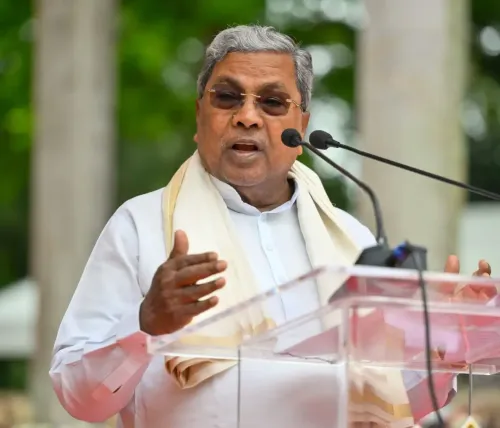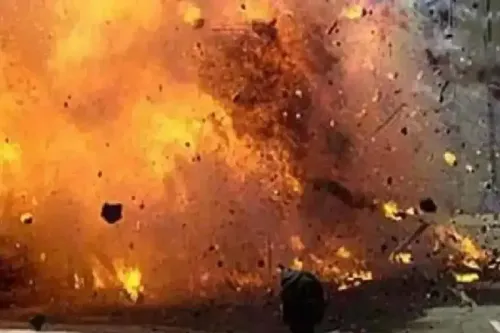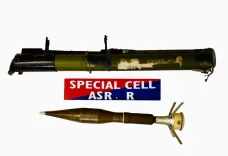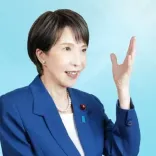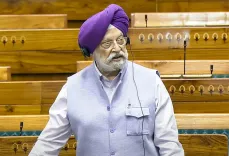Will South Korea Reclaim Wartime Command from the US During Lee’s Term?
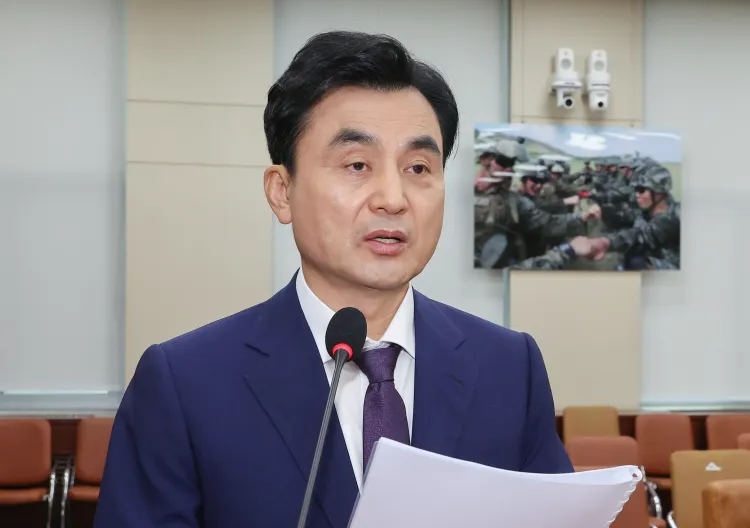
Synopsis
Key Takeaways
- Ahn Gyu-back aims to reclaim wartime command from the US.
- The OPCON transfer is based on military readiness and capabilities.
- Military drills with the US are essential for deterrence.
- Ahn promotes dialogue with North Korea alongside military strength.
- He emphasizes correcting previous administration mistakes regarding military governance.
Seoul, July 15 (NationPress) The nominee for South Korea's Defence Minister, Ahn Gyu-back, stated on Tuesday that the Lee Jae Myung administration is determined to reclaim the command of its military forces from the United States within the duration of Lee's five-year term.
Ahn expressed these views during a parliamentary confirmation hearing, noting the timing coincides with the Trump administration urging its allies, including Seoul, to shoulder more security responsibilities. The goal of regaining wartime operational control (OPCON) from the US was a prominent promise made during Lee's campaign.
"The South Korean military has achieved significant progress since 2006 through rigorous evaluations with the US," Ahn remarked, suggesting readiness for the transition.
Seoul and Washington have been collaborating on a conditions-based approach to the OPCON transfer. Key conditions include South Korea's ability to command combined forces, its air defense and strike capabilities, and a favorable regional security atmosphere for such a transition.
The transfer, initially slated for 2015, was delayed as both nations chose a conditions-based plan over a strict timeline due to escalating threats from Pyongyang's nuclear and missile advancements.
Ahn committed to supporting military efforts aimed at fostering peace on the Korean Peninsula while working to improve relations with North Korea.
He stressed the need to keep channels open for engagement with the North, stating, "While we build deterrence through substantial military strength, we must also maintain avenues for dialogue to alleviate tensions and establish trust," vowing to pursue a strength-based and sustainable peace.
Nevertheless, he reaffirmed that North Korea remains South Korea's "primary adversary," advocating for the continuation of joint military exercises with the US.
"North Korea has consistently threatened us since the Korean War, making it our main enemy," Ahn asserted.
Ahn's views contrasted with those of Unification Minister nominee Chung Dong-young, who recently argued against labeling North Korea as South Korea's main enemy and suggested reassessing joint military exercises.
The defence minister nominee also proposed a gradual approach to reinstating a military tension reduction agreement between the Koreas, advocating for a step-by-step process.
Ahn, a seasoned lawmaker and the first civilian to be nominated as defence minister in 64 years, pledged to reform the military into an institution that earns public trust.
Should he be confirmed, Ahn will take over from former Defence Minister Kim Yong-hyun, currently facing trial for alleged involvement in the previous administration's controversial martial law declaration on December 3.
"We must rectify the mistakes of the past administration regarding its unlawful martial law declaration and firmly establish civilian oversight to ensure the military is not manipulated for political gain," he emphasized, advocating for political neutrality within the armed forces.
Ahn noted that the military faces numerous challenges, including uncertainties in the global security landscape and evolving warfare due to technological advancements, as reported by Yonhap news agency.
He highlighted North Korea's ongoing nuclear and missile developments and the strengthening of ties among North Korea, China, and Russia as factors intensifying tensions in Northeast Asia.
In light of these challenges, Ahn committed to enhancing defense cooperation grounded in the South Korea-US alliance, which also includes collaboration with Japan.

